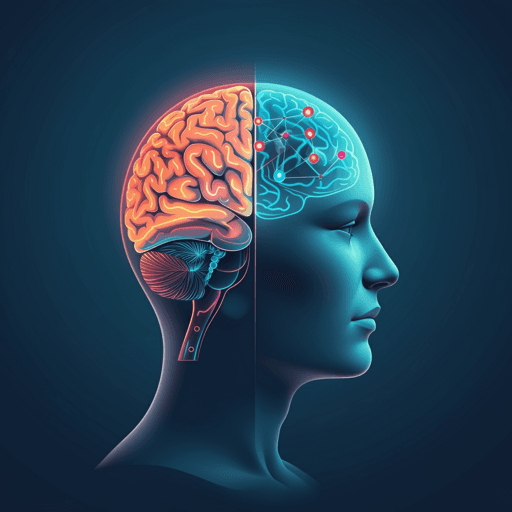
Medicine and Health
Efficacy of Action Observation Therapy on Cognitive Function in Stroke: A Systematic Review and Meta-Analysis
X. Guan, M. Lan, et al.
This systematic review and meta-analysis by Xuewei Guan, Meijuan Lan, Leiwen Tang, Hongyan Yang, Yuanyuan Chen, Lan Ge, and Yumei Zhong reports that action observation therapy (AOT) significantly improved cognitive function after stroke, but findings require cautious interpretation due to heterogeneity and very low certainty—authors call for larger, higher-quality, and more homogeneous RCTs.
Related Publications
Explore these studies to deepen your understanding of the subject.







